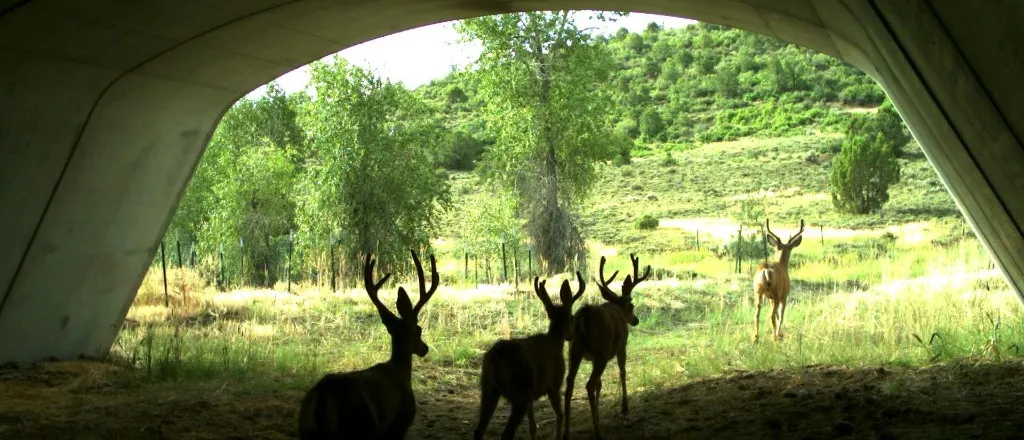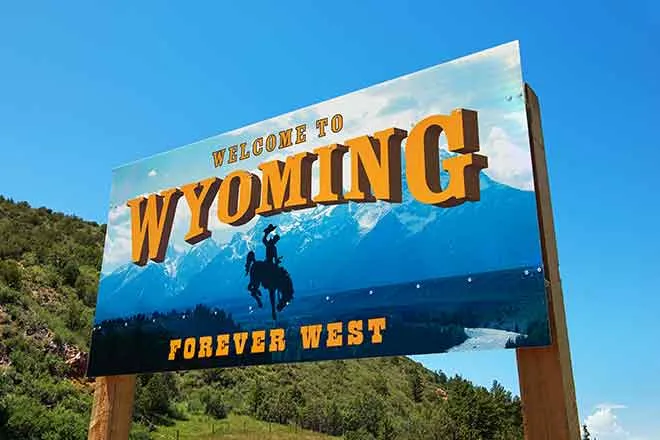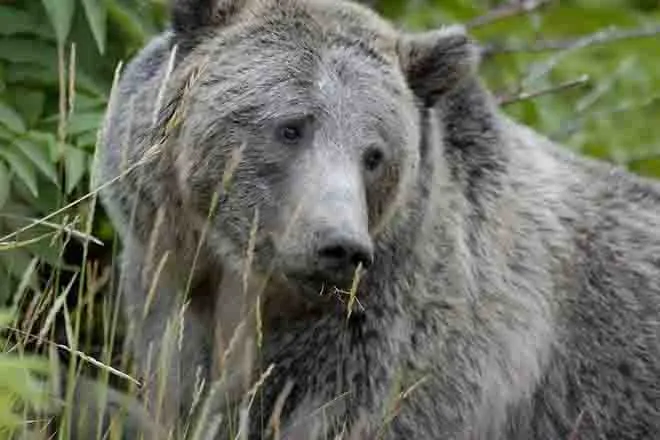
Utah allocates funds to build more wildlife crossings
(Utah News Connection) Budget legislation was signed into law in Utah this week that includes $20 million for building wildlife crossing infrastructure.
Utah joins other Western states in enacting bills that allow them to receive millions of dollars in federal matching funds to install wildlife overpasses, underpasses and fencing.
Bill Christensen, volunteer government relations representative for the Rocky Mountain Elk Foundation, said Utah has a long history of investing in wildlife crossings, and the state's $20 million appropriation will turn into $100 million. He said one potential project is around Echo Junction.
"This is about 50 miles northeast of Salt Lake City," he said, "and during the legislative session last year, in one week, 32 elk were hit and killed. No people were killed, but the property damage was just huge and significant."
Christensen said these crossings help not only preserve wildlife connectivity and migration routes, but also improve public safety for Utah roadways. He said this issue has garnered strong bipartisan support.
While Christensen called the latest one-time state appropriation "a huge win," he'd like to see the state continue to solidify its commitment to building wildlife crossing structures through a recurring allocation of funds from the Utah Legislature. Christensen said funding is always a challenge when dealing with these projects.
"Wildlife crossings can be as inexpensive as fencing along a highway, or as expensive as a large overpass or underpass," he said. "I think that there is big support from our citizens now, as they've seen the positive effects of, number one, public safety - and number two, the preserving of wildlife."
Christensen said the state also has invested in tracking how these crossings are used. He added that research on wildlife crossings across the West by a former Utah State University professor, Patricia Cramer, has been a pioneering effort that informs project development.
Support for this reporting was provided by The Pew Charitable Trusts.

















